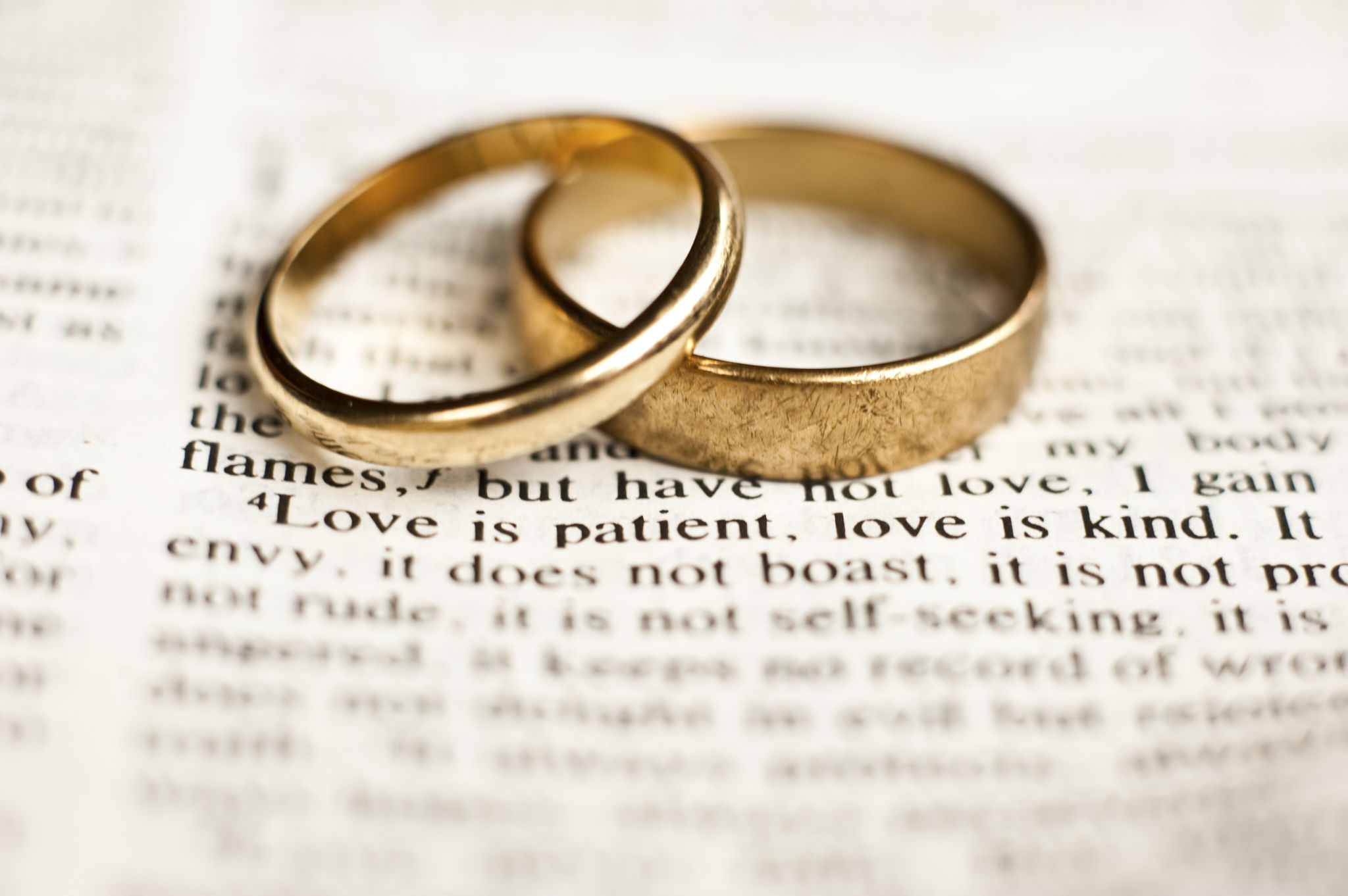Why Faith Matters: The Impact of Religious Beliefs on Marriage Legislation
The Role of Faith in Shaping Marriage Legislation
Faith and religion have traditionally played a significant role in shaping societal norms and values. One of the areas where religious beliefs have had a profound impact is marriage legislation. Understanding how faith influences these laws is essential to appreciating their complexity and the diversity of opinions surrounding them.
Marriage is often seen as a sacred institution, deeply rooted in religious traditions. Many religions view marriage as a covenant that reflects their spiritual beliefs and values, which in turn influence how these relationships are legally recognized and regulated. These religious perspectives not only shape individual views but also contribute to national and international legislative frameworks.

Historical Context of Religion in Marriage Laws
Historically, religious institutions were often the primary authorities on marital unions. In many cultures, religious leaders were responsible for officiating marriages and ensuring that couples adhered to the religious doctrines governing these unions. This historical role has influenced how modern marriage laws have evolved, with many legal systems still reflecting religious principles to some extent.
For instance, in countries where a particular religion is predominant, marriage laws often align closely with the teachings and practices of that faith. This can be observed in nations where religious marriages are recognized by the state and where religious authorities may have a say in marital disputes or annulments.
Modern Legal Perspectives and Religious Influence
In contemporary society, the relationship between religious beliefs and marriage legislation has become more complex. As societies become increasingly diverse, legal systems face the challenge of balancing traditional religious values with modern secular principles. This diversity has led to debates over issues such as same-sex marriage, divorce, and interfaith unions.
Many nations have sought to create legislation that respects religious beliefs while also upholding individual rights and freedoms. This often involves intricate legal frameworks designed to accommodate both religious doctrines and secular views. The challenge lies in ensuring that these laws are inclusive and respectful of all citizens while maintaining the cultural heritage of religious communities.

The Impact on Society and Policy Making
The influence of religious beliefs on marriage legislation extends beyond individual unions, affecting broader societal norms and public policies. Lawmakers must consider the implications of these laws on social cohesion, equality, and justice. By understanding the role of faith in shaping these policies, societies can work towards more equitable solutions that honor both tradition and progress.
Religious communities often play an active role in policy-making processes, advocating for legislation that reflects their values. This advocacy can be seen in public debates and lobbying efforts aimed at influencing lawmakers. As a result, policymakers must navigate these complex dynamics to formulate laws that serve the interests of all citizens.
The Future of Faith-Based Marriage Legislation
As global societies continue to evolve, the relationship between religion and marriage legislation will likely remain a topic of significant discussion. With increasing globalization and interconnectivity, there is potential for greater dialogue and understanding between different faiths and legal systems. This could lead to more inclusive approaches to marriage laws that respect diverse cultural and religious perspectives.

Ultimately, the ongoing dialogue between faith and law will shape the future landscape of marriage legislation. By fostering open conversations and promoting mutual respect, societies can work towards legal frameworks that honor both historical traditions and contemporary values. This balance is crucial in ensuring that marriage remains a meaningful institution for all individuals, regardless of their religious beliefs.